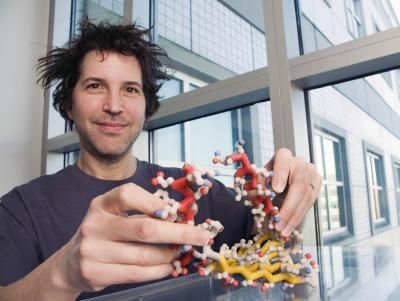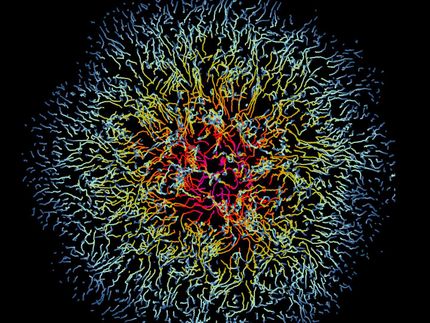Bavarian Nordic A/S reports positive data from first EUA enabling study with IMVAMUNE smallpox vaccine
Bavarian Nordic reports the successful completion of a large, placebo-controlled Phase II trial in 745 healthy subjects who received either one or two doses of IMVAMUNE® third-generation smallpox vaccine. The results of this study are seen as the pivotal step on the path to moving into Phase III registration trials in order to achieve a BLA for healthy subjects.
The study, together with other Phase II studies with IMVAMUNE® in immune-compromised persons, is pivotal for obtaining an Emergency Use Authorization (EUA). The company still expects to receive approval of the EUA application in second half of 2008.
Traditional smallpox vaccines are associated with a high risk of heart complications (e.g. myo-/pericarditis) in approximately 1 in every 150 people vaccinated for the first time. Therefore, aside from assessing general immune response and safety, the primary focus of this study was to compare cardiac safety in the different study groups following vaccination with IMVAMUNE®. The large amount of safety data collected from the 745 people who completed this study confirmed the excellent safety and tolerability profile of IMVAMUNE®. Importantly, vaccinations with IMVAMUNE® did not result in any clinically significant abnormal cardiac findings and no cardiac events (e.g. cases of myo-/pericarditis) that have been reported for traditional smallpox vaccines.
Moreover, vaccinations with IMVAMUNE® resulted in seroconversion (detectable immune responses) in almost all subjects (98.9%) previously not vaccinated against smallpox. Similarly, a single vaccination with IMVAMUNE® boosted the immune responses in the majority of people whom had historically already been vaccinated against smallpox.
This study completes the Phase II development of IMVAMUNE® in healthy subjects and this now leads to planning with the FDA on the design of the Phase III study that is planned to commence in 2008.
Most read news
Other news from the department research and development

Get the life science industry in your inbox
By submitting this form you agree that LUMITOS AG will send you the newsletter(s) selected above by email. Your data will not be passed on to third parties. Your data will be stored and processed in accordance with our data protection regulations. LUMITOS may contact you by email for the purpose of advertising or market and opinion surveys. You can revoke your consent at any time without giving reasons to LUMITOS AG, Ernst-Augustin-Str. 2, 12489 Berlin, Germany or by e-mail at revoke@lumitos.com with effect for the future. In addition, each email contains a link to unsubscribe from the corresponding newsletter.
Most read news
More news from our other portals
Last viewed contents
Dickson_Prize
American_College_of_Surgeons_Oncology_Group
Insulin-like_growth_factor_1
Ossification_of_scapula
High throughput phenotyping of uropathogenic E. coli isolates with Fourier transform infrared spectroscopy
Sex_linkage
Antibiotic_resistance
Muller's_morphs






















































